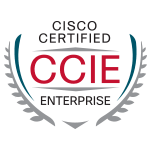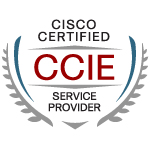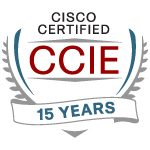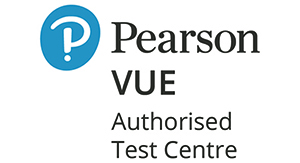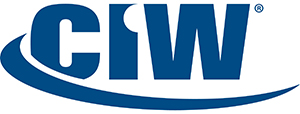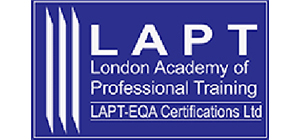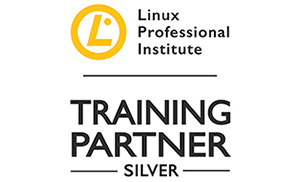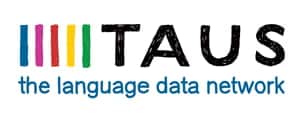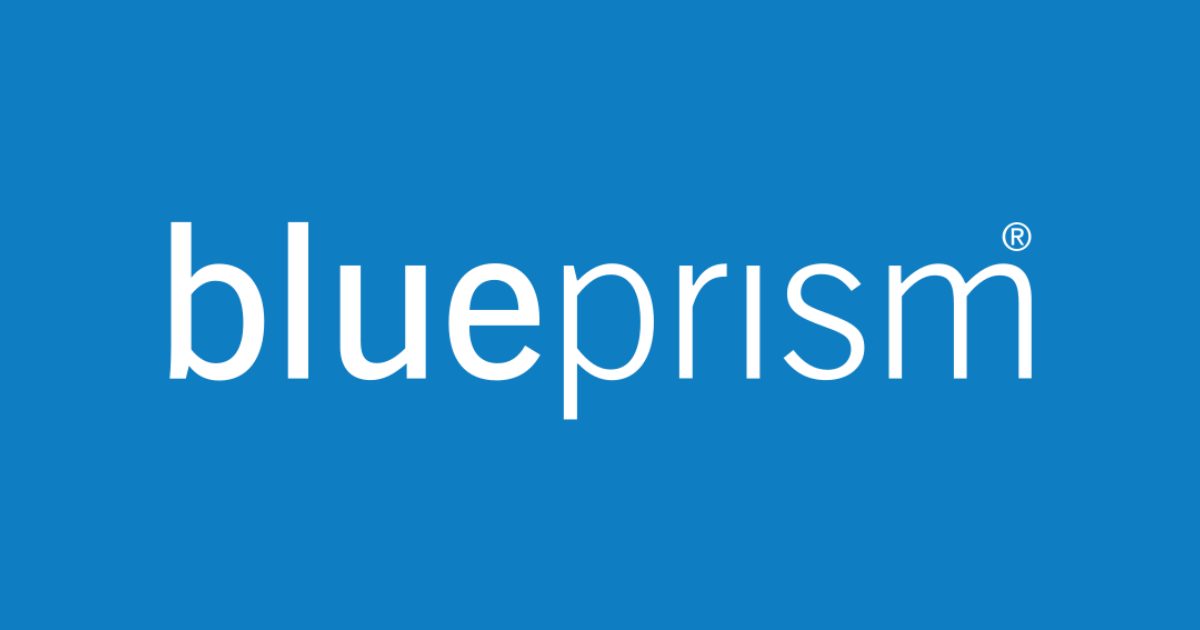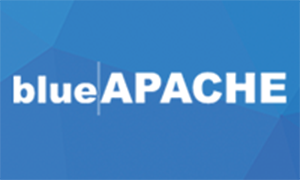DevNet Associate Course
DevNet Associate Certification
Due to the increasing demand, Cisco has introduced the DevNet certification program, it endorses the skills of DevOps engineers, software developers, and other software professionals. The Cisco DevNet Associate certification certifies critical emerging technical skills for a new kind of IT professional, empowering organisations to embrace the potential of applications, automation, and infrastructure for the network, IoT, and Cloud.
The Cisco DevNet Associate certification requires one exam 200-901 DEVASC that tests your knowledge of software development and design, including:
- Understanding and using APIs
- Cisco platforms and development
- Application development and security
- Infrastructure and automation
Basic software development knowledge including Python programming experience
Candidates can achieve this certification by passing the following exam(s).
- 200-901 DEVASC – Developing Applications and Automating Workflows using Cisco Core Platforms (DEVASC)
The certification exam can be registered and attempted within 3 months of course/module completion at Logitrain training centre on weekdays during normal business hours (excludes public holidays)
DevNet Associate course material
- Software Development and Design
- Understanding and Using APIs
- Cisco Platforms and Development
- Application Deployment and Security
- Infrastructure and Automation
- Network FundamentalsOperation of IP Data Networks
This course is likely to add to the employment related skills of the participants. The skills developed are likely to be used in the course of being an employee or working in a business.
- Students
- Recent graduates
- Software developers
- DevOps engineers
- Automation specialists
- Individuals seeking DevNet Associate certification
- Compare data formats (XML, JSON, and YAML)
- Describe parsing of common data format (XML, JSON, and YAML) to Python data structures
- Describe the concepts of test-driven development
- Compare software development methods (agile, lean, and waterfall)
- Explain the benefits of organizing code into methods / functions, classes, and modules
- Identify the advantages of common design patterns (MVC and Observer)
- Explain the advantages of version control
- Utilize common version control operations with Git
- Construct a REST API request to accomplish a task given API documentation
- Describe common usage patterns related to webhooks
- Identify the constraints when consuming APIs
- Explain common HTTP response codes associated with REST APIs
- Troubleshoot a problem given the HTTP response code, request and API documentation
- Identify the parts of an HTTP response (response code, headers, body)
- Utilize common API authentication mechanisms: basic, custom token, and API keys
- Compare common API styles (REST, RPC, synchronous, and asynchronous)
- Construct a Python script that calls a REST API using the requests library
- Construct a Python script that uses a Cisco SDK given SDK documentation
- Describe the capabilities of Cisco network management platforms and APIs (Meraki, Cisco DNA Centre, ACI, Cisco SD-WAN, and NSO)
- Describe the capabilities of Cisco compute management platforms and APIs (UCS Manager, UCS Director, and Intersight)
- Describe the capabilities of Cisco security platforms and APIs (Firepower, Umbrella, AMP, ISE, and ThreatGrid)
- Describe the device level APIs and dynamic interfaces for IOS XE and NX-OS
- Identify the appropriate DevNet resource for a given scenario
- Apply concepts of model driven programmability (YANG, RESTCONF, and NETCONF) in a Cisco environment
- Describe benefits of edge computing
- Identify attributes of different application deployment models (private cloud, public cloud, hybrid cloud, and edge)
- Identify the attributes of these application deployment types
- Describe components for a CI/CD pipeline in application deployments
- Construct a Python unit test
- Interpret contents of a Dockerfile
- Utilize Docker images in local developer environment
- Identify application security issues related to secret protection, encryption (storage and transport), and data handling
- Explain how firewall, DNS, load balancers, and reverse proxy in application deployment
- Describe top OWASP threats (such as XSS, SQL injections, and CSRF)
- Utilize Bash commands (file management, directory navigation, and environmental variables)
- Identify the principles of DevOps practices
- Describe the value of model driven programmability for infrastructure automation
- Compare controller-level to device-level management
- Describe the use and roles of network simulation and test tools (such as VIRL and pyATS)
- Describe the components and benefits of CI/CD pipeline in infrastructure automation
- Describe principles of infrastructure as code
- Describe the capabilities of automation tools such as Ansible, Puppet, Chef, and Cisco NSO
- Identify the workflow being automated by a Python script that uses Cisco APIs including ACI, Meraki, Cisco DNA Centre, or RESTCONF
- Identify the workflow being automated by a bash script (such as file management, app install, user management, directory navigation)
- Interpret the results of a RESTCONF or NETCONF query
- Interpret basic YANG models
- Interpret a unified diff
- Describe the principles and benefits of a code review process
- Interpret sequence diagram that includes API calls
- Describe the purpose and usage of MAC addresses and VLANs
- Describe the purpose and usage of IP addresses, routes, subnet mask / prefix, and gateways
- Describe the function of common networking components (such as switches, routers, firewalls, and load balancers)
- Interpret a basic network topology diagram with elements such as switches, routers, firewalls, load balancers, and port values
- Describe the function of management, data, and control planes in a network device
- Describe the functionality of these IP Services: DHCP, DNS, NAT, SNMP, NTP
- Recognize common protocol port values (such as, SSH, Telnet, HTTP, HTTPS, and NETCONF)
- Identify cause of application connectivity issues (NAT problem, Transport Port blocked, proxy, and VPN)
- Explain the impacts of network constraints on applications

Take the certification exam within 3 months of course / module completion

Take the official vendor certification exam at the Logitrain training center

Course material in digital format is included for flexibility and ease of use

Mock test is included in the full-time courses to assist with your preparation

Our trainers are highly skilled with expertise and extensive hands-on experience

Relax, we will beat competitor’s advertised price in Australia. Our course has no extra costs
“We have helped thousands achieve Cisco Certifications, let us help you”
– Murad Tanvir, Double CCIE #17081
Founder and CEO Logitrain
| Location | Type | Duration | Price | Dates | |
|---|---|---|---|---|---|
| Location | Type | Duration | Price | Dates |
The supply of this course/package/program is governed by our terms and conditions. Please read them carefully before enrolling, as enrolment is conditional on acceptance of these terms and conditions. Proposed dates are given, courses run subject to availability and minimum registrations.
Find out why we are the leading choice to help boost your career in Australia
| Approachable and knowledgeable; comfortable surroundings. Logitrain does make IT training easier |
I recently followed the ITIL Foundation course at Logitrain. The training, materials and facilities were excellent and I would not hesitate to train with Logitrain again.
Thanks for a great week! Really enjoyed and feel I picked up a lot. Great Trainer! Will definitely look at further studies here.
Well-presented and able to convey immense knowledge to class. All queries were responded to promptly.
Excellent teaching method, easy to understand.
Logitrain provided a valuable insight into ITIL and enabled me to excel and advance my knowledge through a simple and well organised series of sessions.
Great place to study for certification, knowledgeable persons, excellent customer service. Ready to answer queries on the spot, very helpful.
The trainer was very patient and gave everybody the opportunity to participate.
The trainer explained everything very well. Logitrain was very helpful for me in getting a better overall understanding of CCNA. I previously had studied it 2 years earlier but required revision
Over 1000 organisations have relied on Logitrain to be their trusted training partner.

Don’t Wait. Please fill the form now.
